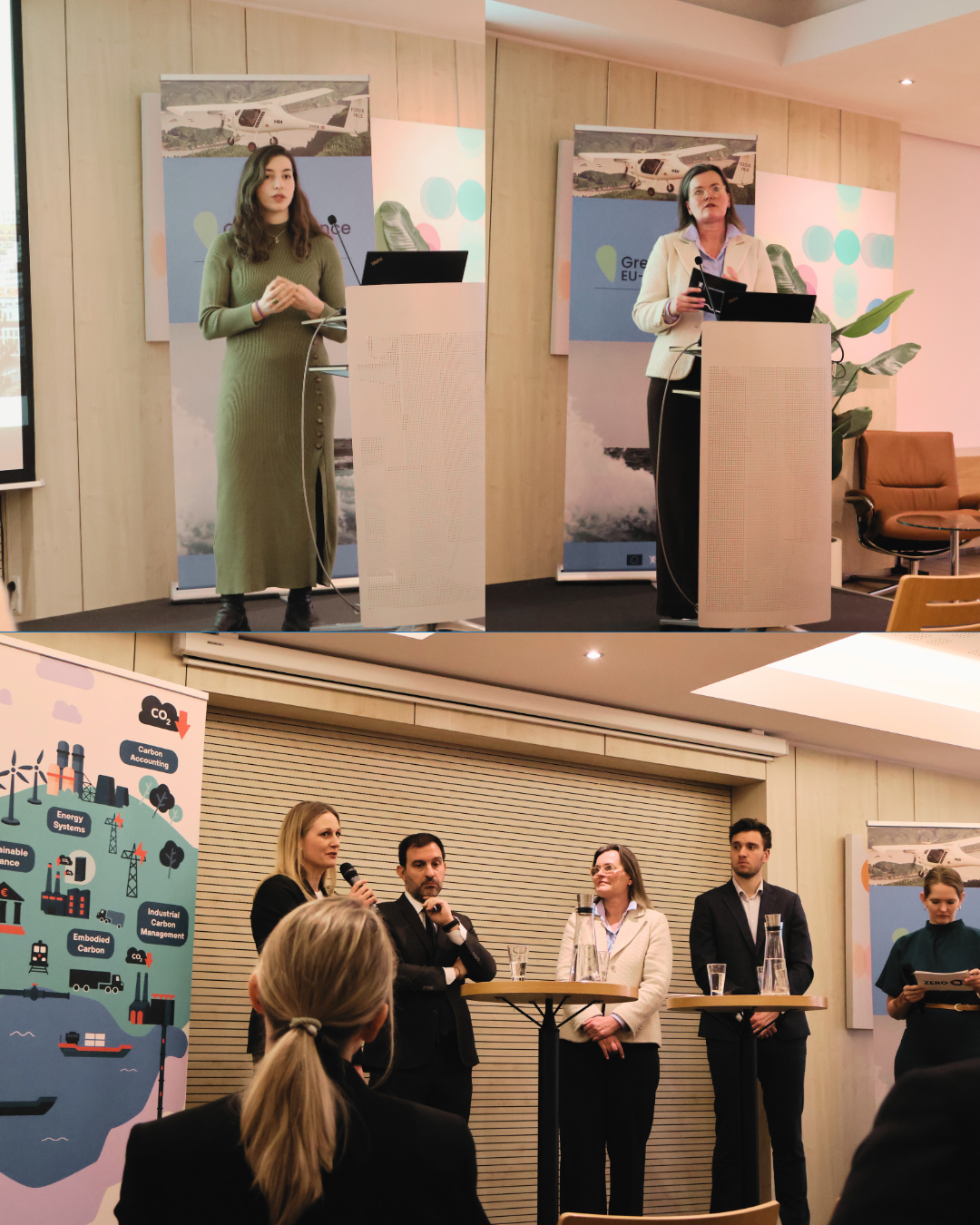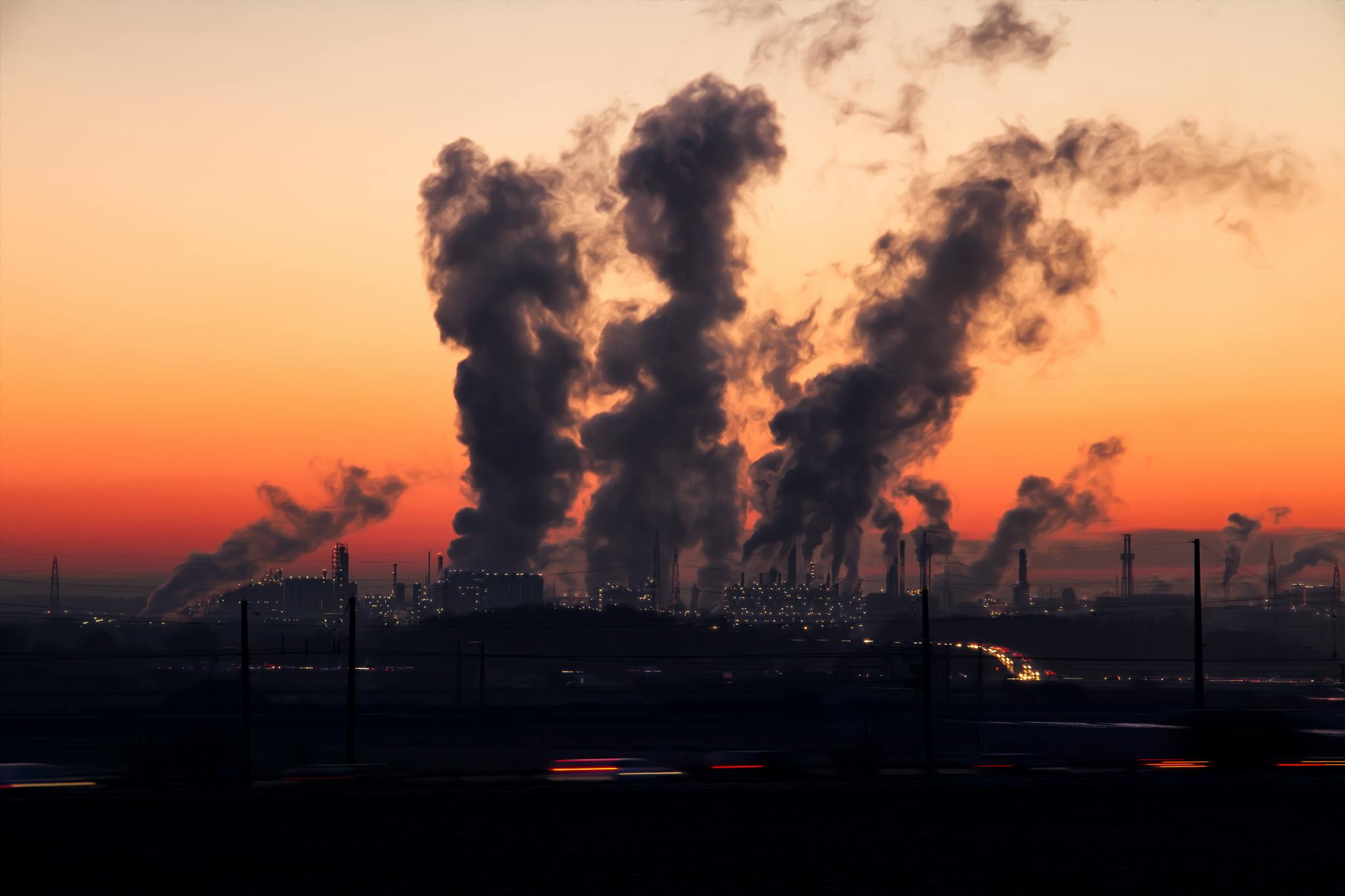
Joint letter – ICC reform and expansion risks diverting ETS Revenues from real climate action
In light of the European Commission’s ongoing considerations to amend the ETS State Aid Guidelines, revising the rules for Indirec...
News

Publish date: July 19, 2024
News
Yesterday, during its first plenary session, the newly elected European Parliament confirmed Ursula von der Leyen as President of the European Commission. Serving as the Commission President since 2019, she required an absolute majority of 361 votes to maintain her position. With yesterday’s vote she overcame this threshold, gathering a total of 401 votes in her favour.
Von der Leyen will therefore lead the new European Commission for the next 5 years, until the 2029 European Elections. The majority of the new Members of the European Parliament (MEPs) still belongs to the centrist coalition which supported her during the last mandate (EPP, Socialists and Democrats, Renew Europe). Despite this, the secret ballot required her to find support outside of the traditional groups ahead of yesterday’s vote and climate policies emerged as central in the negotiations. The continuation of the Green Deal is a priority for the Socialist and Democrats (S&D), the Greens and Renew, while some parts of the EPP group have indicated a reluctance to follow up on European climate commitments.
During her speech to MEPs, Von der Leyen outlined her programme for the next mandate and highlighted climate as part of the priorities for competitiveness and prosperity. She announced that the new Commission will focus on the implementation of existing climate targets and policies, and introduced a Clean Industrial Deal, which will be pushed forward within the first 100 days of her mandate.
Climate targets
Von der Leyen announced that the new Commission will stick to the EU climate goals of reducing greenhouse gas emissions by 55% by 2030 and reach climate neutrality by 2050. She also promised to incorporate the 90% net emission reduction targets by 2040 in the European Climate Law, as implied by the 2040 Climate Target Communication in February. Bellona welcomes the commitment but remains cautious of watering down of policies and regrets that the Commission does not seem open to further increasing climate ambition. For instance, in her Political Guidelines for the Next European Commission 2024-2029, Von der Leyen highlights a reversal to the commitment to effectively phase out ICE vehicles by 2035. Not only would this create a dangerous precedent in EU policy making, but it would also put the decarbonisation of the transport sector at stake by reversing the signal to carmakers that electric vehicles are the future.
The commitments to the objectives of the Green Deal are crucial to tackling climate change and building a net-negative emission society and economy. The decarbonisation of European industries constitutes a fundamental part of this effort and the Commission President’s mention of lead markets for clean products, particularly for clean steel, is an important step in the right direction. Bellona Europa believes that lead markets are crucial to foster the uptake of low-carbon industrial products and create both a business case that is no longer dependent on subsidies, and demand for low-carbon products.
Climate infrastructure forms the backbone of the green transition. The role of renewable energy sources, grids, hydrogen and CO₂ infrastructures will be crucial to reach the European climate goals. Although von der Leyer only partially mentioned these climate solutions in her speech, we welcome their inclusion in the Political Guidelines for the Next European Commission 2024-2029.
Importantly, von der Leyen highlighted the need to shift away from Russian fossil gas, with both geopolitical and climate implications in mind. Bellona produced an analysis alongside E3G, Ember and RAP which demonstrates how the EU can achieve this to accelerate the decarbonisation of European industries and wean off Europe’s energy dependence on Russia.
Competitiveness
During her speech, von der Leyen stated “the EU is industrialising and decarbonising at the same time” announcing the Clean Industrial Deal to ensure the implementation of climate objectives while boosting European industrial production. Bellona Europa believes that greater competitiveness can be achieved with European industries becoming global leaders of low-carbon production. With this in mind, decarbonisations solutions must be climate credible and on the path to a fair and just carbon negative society. The clean industrialisation of the European Union must go hand-in-hand with respecting strict science-based criteria to respect our planet’s boundaries and to properly address the climate crisis we live in. We applaud von der Leyen for framing climate protection as an issue of intergenerational fairness, as the green transition must be just and leave no one behind. Workers’ well-being needs also to be at the centre of the transition and when it comes to workers in emitting industries, it is important implement a solid plan to up-skill and re-skill workers in order to avoid perpetuating inequalities on the path to net zero. The workers’ role in the transition was missing from von del Leyen’s speech and we urge von der Leyen’s new Commission to take the necessary actions on this crucial aspect.
Investments
During her speech, von der Leyen stressed the importance of scaling up clean technologies and solutions through both private and public investments. She highlighted the need to both strengthen the Capital Market Union and mobilise more private fundings. To make this happen, she announced the new EU Competitiveness Fund, focused on common and cross border investments to support the Clean Industrial Deal. In the Guidelines, an Industrial Decarbonisation Accelerator Act is also mentioned, which aims to assist support industries and companies through the transition, while supporting lead markets. Bellona Europa believes that mobilising both private and public finance is of utmost importance, but investments must be directed towards renewable energy systems and low-carbon projects. Private capital towards fossil-based activities must be disincentivised, and all public funding for such projects and activities must be phased out immediately. While the reinforcement of the next Multiannual Financial Framework was mentioned, the next EU budget must sufficiently address the climate challenges that lie ahead. Increased funding for climate policies is essential to ensure a just, democratic, and green transition.
All in all, von der Leyen’s speech and re-election as Commission President suggest a continuation of the European Green Deal she championed in the previous mandate. In spite of the notable change in the tone and ambition of climate action. it remains clear that initial fears on a reversal of EU climate ambition have not materialised. Nevertheless, Bellona Europa will continue to monitor legislative developments and push for strong action on the decarbonisation of European industry.
For more on Bellona’s priorities in the coming European cycle, read our Roadmap 2024-2029.

In light of the European Commission’s ongoing considerations to amend the ETS State Aid Guidelines, revising the rules for Indirec...

On 24 February 2025, Bellona Europa co-hosted a breakfast seminar at Norway House in Brussels alongside ZERO and the Mission of Norway to the EU, bringing together policymakers, manufacturers, and procurement practitioners around a single conviction: European cities hold a decisive and largely untapped lever for decarbonising construction. With the revision of the EU Public Procurement Directives on the horizon, the moment to use it is now.

Opening remarks and future of EU CRCF Market Christian Holzleitner, Head of Unit for Land Economy and Carbon Removals&nb...

Together with six NGOs and five industry partners, Bellona Europa signed a joint letter on the RFNBO Delegated Act, reiterating that now is not the t...

“The Commission shall monitor the situation at Union level with a view to monitoring the impact of the CBAM on the Union i...
Get our latest news